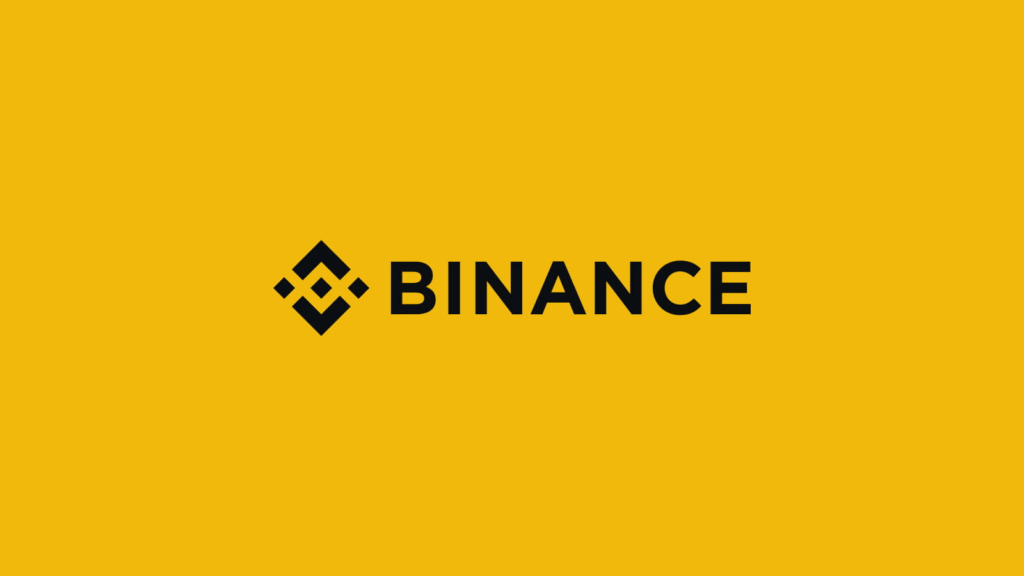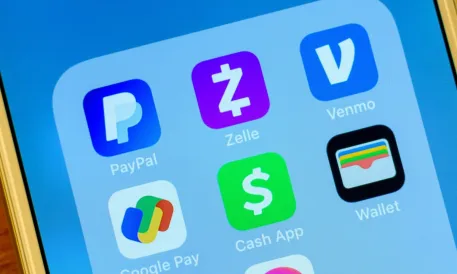Legal Crypto in Thailand? Yes—But Only If You Use the Right Tools
If you’re asking “Is crypto trading legal in Thailand?” the answer is yes—with conditions. As of 2025, the Thai government allows crypto trading, but only on platforms that are properly registered and regulated. It’s not the Wild West, and using the wrong app could land you in murky legal waters.
So what platforms are actually legal and safe to use? This roundup breaks it down.
Is Crypto Trading Legal in Thailand: Top Legal Crypto Platforms in Thailand (2025)
These platforms are fully licensed by Thailand’s Securities and Exchange Commission (SEC) and follow all applicable Know Your Customer (KYC), Anti-Money Laundering (AML), and tax reporting regulations.
1. Bitkub
Status: Licensed & Operational
Why It’s Legal: Thailand’s biggest homegrown exchange, Bitkub has been SEC-approved since the early days of crypto regulation. It supports a wide range of tokens, offers local bank integration, and provides full customer verification.
Good For: Thai residents and expats who want a local, regulated trading experience.

2. Binance Thailand
Status: Legal Joint Venture (with Gulf Innova)
Why It’s Legal: The global giant partnered with a Thai conglomerate to enter the market the right way. Binance Thailand is a fully compliant version tailored to meet Thai SEC standards.
Good For: Traders who want Binance’s deep liquidity, but on legal grounds.

3. Zipmex (Pending Recovery)
Status: Previously Licensed, Now Under Review
Why It Was Legal: Zipmex operated under SEC registration, but faced insolvency issues in 2022–2023. As of mid-2025, its legal status is under review, and trading has been paused.
Good For: Once a top option—worth watching if it relaunches.

Is Crypto Trading Legal in Thailand: Platforms You Should Avoid (Even If They Seem Popular)
Not all crypto platforms are treated equally. Many popular global apps operate without SEC approval in Thailand. That means using them could violate local laws, especially if they facilitate token trades, DeFi services, or hold customer funds.
Examples of Risky or Unapproved Apps
- Unregistered foreign exchanges (e.g. international versions of KuCoin or Bybit)
- P2P apps without identity checks
- Wallet-based DeFi apps that allow swapping unregistered tokens
These tools might work—but if the Thai authorities catch up with your activity, you could face fines or even criminal charges.

What You Can—and Can’t—Do with These Tools
What’s Legal with Approved Apps:
- Trading and investing in cryptocurrencies
- Holding crypto long-term (HODLing)
- Participating in SEC-approved ICOs or token launches
- Reporting gains and paying capital gains tax (15%)
What’s Not Legal—Even with the Right App:
- Paying for goods or services with crypto (banned since 2022)
- Using crypto for gambling or illegal transfers
- Avoiding taxes on crypto gains
- Launching your own token without SEC permission
Even legal platforms can’t protect you from breaking the law outside the platform—so stay informed.
2025 Legal Updates: Why Tool Choice Matters More Than Ever
Over the past year, Thailand has pushed through new crypto-related updates:
- Stricter vetting of token listings
- Mandatory proof-of-reserve audits from exchanges
- More detailed KYC and user tracking
- Greater tax enforcement on capital gains
These trends mean that only fully regulated tools are sustainable for traders and investors. App developers who don’t comply will likely get blocked, fined, or restricted going forward.
Can Foreigners in Thailand Use These Legal Tools?
Yes—but with a few steps. If you’re a foreigner living in Thailand, you can trade crypto legally if you use local licensed platforms and register with a Thai bank account.
However, using overseas wallets and exchanges while physically in Thailand could put you in a legal gray area. The safest path? Go local, go licensed.

Final Thoughts: Legal Crypto Tools Are Here—Just Use the Right Ones
So, is crypto trading legal in Thailand in 2025? Yes—but only if you use the right platforms. Thailand has built a growing list of regulated tools that let you trade, invest, and hold digital assets without breaking the law.
The key is simple: don’t trust just any app. Check if it’s licensed, look for Thai SEC approval, and steer clear of anything operating under the radar. The tools are out there—you just have to pick the right ones.











